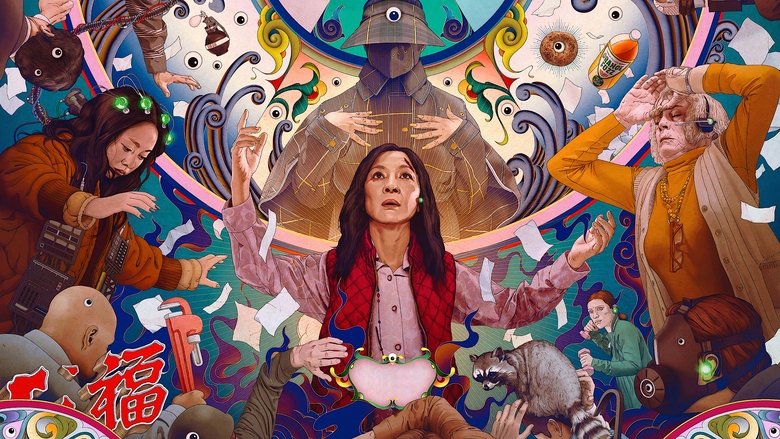Movies where fate and free will collide: a ranked list
Do we control our destiny, or are we merely puppets dancing to a predetermined tune? This question has fueled countless philosophical debates and captivated filmmakers for decades. Here's a list of movies that explore the fascinating intersection of fate, free will, and the consequences of defying destiny.
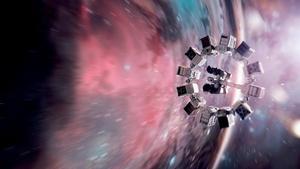


The concept of predestination, the belief that all events are predetermined, presents a compelling narrative playground for filmmakers. It allows exploration of complex themes like free will, determinism, and the very nature of reality. These movies often delve into the consequences of knowing or attempting to alter the future, leading to mind-bending paradoxes and thought-provoking questions.
From Philip K. Dick adaptations like Minority Report to time-travel thrillers like Twelve Monkeys, the exploration of predetermination takes many forms. Some films, like The Adjustment Bureau, present a world where a higher power actively manipulates events, while others, such as Predestination, explore closed-loop paradoxes where the future shapes the past.
Often, these stories feature characters wrestling with their agency, questioning whether their choices truly matter in the grand scheme of things. The potential for alternate realities and branching timelines, as seen in The Butterfly Effect and Everything Everywhere All at Once, further complicates the narrative, inviting viewers to contemplate the infinite possibilities and the profound implications of choice. This ranking list invites you to explore films that masterfully explore these complex and engaging themes.
13. The Time Machine (2002)
'The Time Machine,' based on H.G. Wells' classic novel, tells the story of a Victorian scientist who invents a time machine in the hopes of altering a personal tragedy. As he journeys into the distant future, he discovers a world divided into two distinct races: the peaceful Eloi and the savage Morlocks. The film explores themes of social Darwinism, class conflict, and the potential consequences of technological progress. While it may not be the most faithful adaptation of the source material, 'The Time Machine' offers a glimpse into a future that is both fascinating and terrifying.
Special effects milestone: The 1960 film adaptation of 'The Time Machine' is known for its groundbreaking special effects, which won the film an Academy Award. The time-lapse sequences showing the world changing around the time machine were particularly impressive for their time and helped to bring Wells' vision of the future to life.
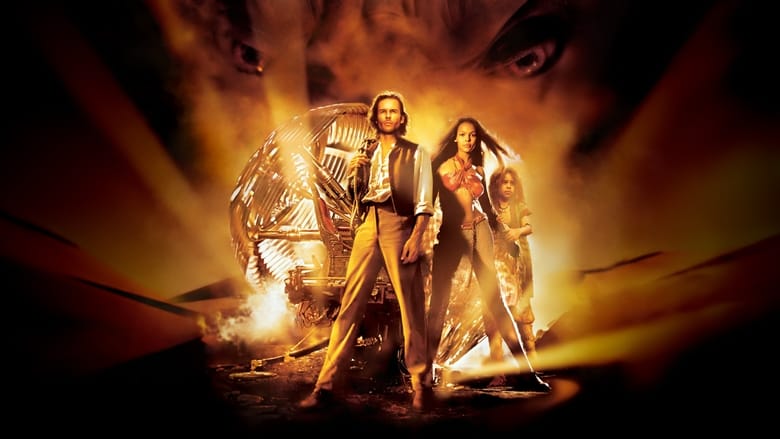
12. Cloud Atlas (2012)
'Cloud Atlas' is an ambitious and visually stunning epic that weaves together six interconnected stories spanning centuries. The film explores themes of reincarnation, destiny, and the interconnectedness of all human beings. Tom Hanks, Halle Berry, and other actors play multiple roles across different time periods, highlighting the cyclical nature of history and the enduring power of the human spirit. While the film's complex structure and philosophical themes may not appeal to all viewers, it's a bold and thought-provoking cinematic experience that rewards those willing to invest the time and attention.
A challenging adaptation: 'Cloud Atlas' is based on David Mitchell's acclaimed novel of the same name, which is known for its complex structure and ambitious scope. The filmmakers faced the challenge of adapting a novel that many considered unfilmable, and they took a bold approach by interweaving the six stories together. The result is a film that is both visually stunning and intellectually stimulating, but also requires a certain level of patience and engagement from the viewer.

11. The Butterfly Effect (2004)
'The Butterfly Effect' is a psychological thriller that explores the concept of chaos theory and the unpredictable consequences of altering the past. Ashton Kutcher stars as Evan Treborn, a young man who discovers he can travel back in time and change pivotal moments in his life. However, each alteration has unforeseen and often disastrous repercussions on the present. The film raises questions about free will, determinism, and the responsibility that comes with the power to change the past. It's a suspenseful and thought-provoking ride that will leave you pondering the butterfly effect long after the credits roll.
Alternate endings: 'The Butterfly Effect' has multiple alternate endings, each offering a different resolution to Evan's story. The filmmakers debated which ending to use, ultimately settling on one that they felt was the most impactful and emotionally resonant. The existence of these alternate endings adds to the film's mystique and encourages viewers to consider the many possible outcomes of Evan's actions.

10. The Adjustment Bureau (2011)
'The Adjustment Bureau' blends romantic drama with sci-fi elements. Matt Damon plays a politician who discovers that his destiny is being manipulated by a mysterious organization. When he falls for a ballerina (Emily Blunt) who is not part of their plan, he must fight against fate to be with her. The film explores themes of free will versus destiny, set against a backdrop of supernatural intervention. It's a story about fighting for love and choice against seemingly insurmountable odds.
Philip K. Dick again: This movie is another adaptation of a short story by Philip K. Dick. The film diverges significantly from the source material, expanding the scope of the story and adding a romantic subplot. While some critics found the changes to be a departure from Dick's original vision, others praised the film's engaging narrative and the chemistry between Damon and Blunt.
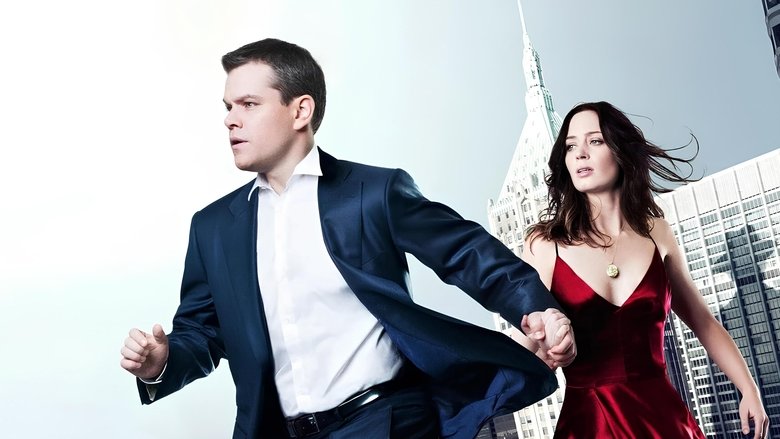
9. Coherence (2013)
'Coherence' is a low-budget but high-concept science fiction film that explores the mind-bending consequences of a passing comet. When a group of friends gathers for a dinner party on the night of the comet's arrival, strange occurrences begin to unfold, leading them to question their reality and their identities. The film's improvisational style and clever use of suspense create a sense of unease and disorientation, perfectly capturing the characters' growing confusion and paranoia. 'Coherence' is a must-see for fans of independent sci-fi that challenges the mind.
Indie gem: 'Coherence' was made on a shoestring budget with a small cast and crew. Director James Ward Byrkit encouraged improvisation and collaboration among the actors, resulting in a naturalistic and believable performance. The film's success is a testament to the power of creativity and ingenuity in filmmaking.
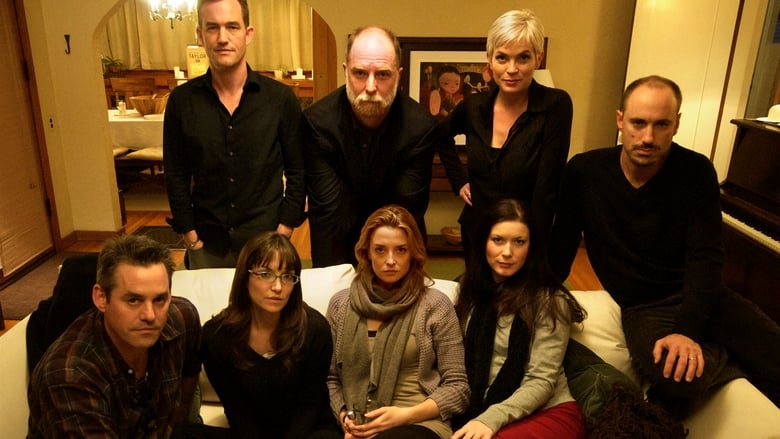
8. Minority Report (2002)
Steven Spielberg's 'Minority Report,' based on Philip K. Dick's short story, is a thrilling and thought-provoking science fiction film set in a future where crime is predicted and prevented before it happens. Tom Cruise stars as John Anderton, a Precrime officer who finds himself accused of a future murder. As he races to clear his name, he uncovers flaws in the system and questions the very nature of free will. 'Minority Report' is a visually stunning and intellectually stimulating film that raises important questions about surveillance, justice, and the potential for abuse of power.
Technological foresight: Spielberg consulted with numerous scientists and futurists to create a believable and plausible vision of the future. The film's depiction of technologies like personalized advertising, gesture-based interfaces, and autonomous vehicles was remarkably prescient, anticipating many of the technological advancements we see today. It's a testament to the film's enduring relevance that its depiction of the future still feels eerily familiar.
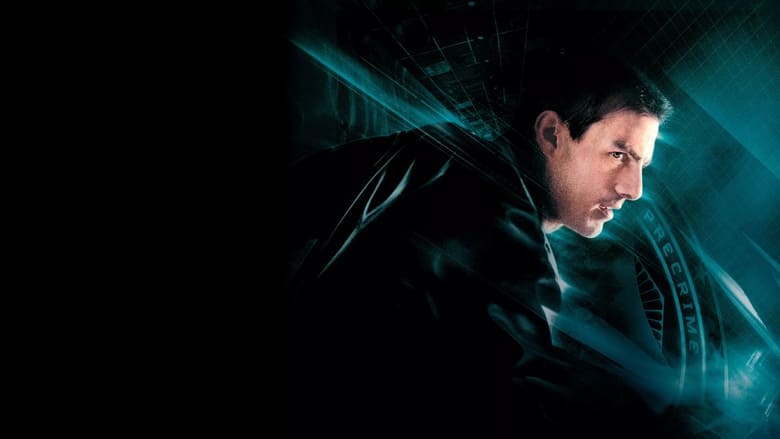
7. Looper (2012)
Rian Johnson's 'Looper' is a stylish and inventive sci-fi thriller that puts a fresh spin on the time travel genre. Joseph Gordon-Levitt and Bruce Willis play younger and older versions of the same character, a 'looper' who assassinates targets sent back from the future. When Joe's future self becomes his target, he must confront the moral implications of his actions and grapple with the consequences of altering the timeline. 'Looper' is a smart, suspenseful, and visually striking film that will keep you on the edge of your seat.
Director's trademark: Rian Johnson is known for his intricate plots, sharp dialogue, and subversion of genre tropes. In 'Looper,' he cleverly uses time travel to explore themes of destiny, free will, and the cyclical nature of violence. The film's unique blend of sci-fi, crime, and philosophical inquiry makes it a standout in the genre.
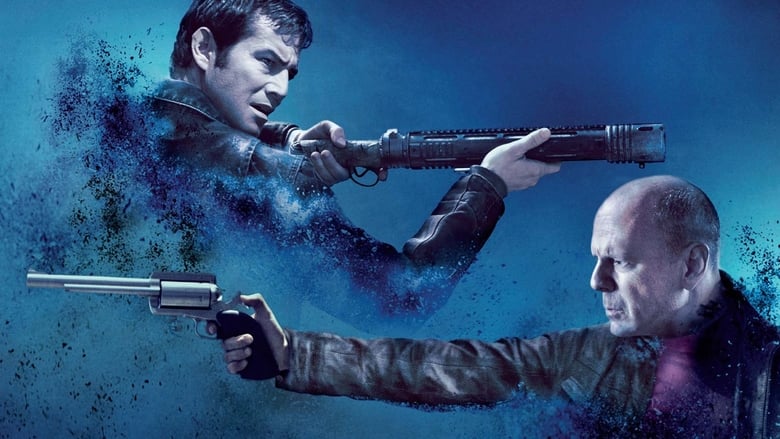
6. Source Code (2011)
'Source Code' is a gripping sci-fi thriller that combines elements of time travel, mystery, and action into a tightly paced and suspenseful narrative. Jake Gyllenhaal stars as Colter Stevens, a soldier who repeatedly relives the final eight minutes of a train bombing in an attempt to identify the perpetrator. As he delves deeper into the simulated reality, he uncovers a conspiracy that extends far beyond the train. 'Source Code' is a thrilling ride that will keep you guessing until the very end.
A production insight: Duncan Jones, the director of 'Source Code,' is the son of the legendary musician David Bowie. Before embarking on his filmmaking career, Jones studied philosophy and earned a PhD, which may explain the intellectual depth and philosophical themes present in his films. 'Source Code,' in particular, raises questions about the nature of reality, identity, and the consequences of our actions.
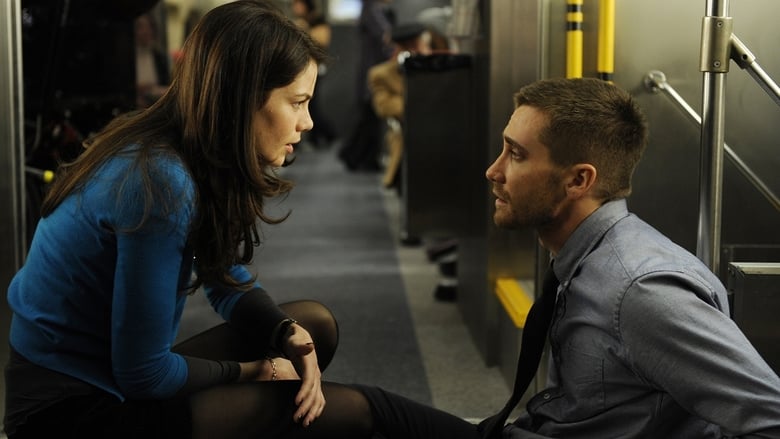
5. Arrival (2016)
Denis Villeneuve's 'Arrival' is a thought-provoking and visually stunning science fiction film that transcends the typical alien invasion narrative. Amy Adams delivers a captivating performance as Louise Banks, a linguist tasked with deciphering the language of extraterrestrial visitors. As she unravels the mysteries of their communication, she begins to experience time in a non-linear fashion, challenging her understanding of free will and destiny. 'Arrival' is a powerful meditation on language, perception, and the interconnectedness of all things.
A noteworthy aspect: The heptapod language in 'Arrival' was meticulously designed to be both alien and visually complex. Linguist Jessica Coon consulted on the project, helping to develop a system of written communication that reflected the heptapods' non-linear perception of time. The resulting symbols are not just decorative; they represent entire concepts and ideas, making them a crucial element of the film's exploration of language and thought.
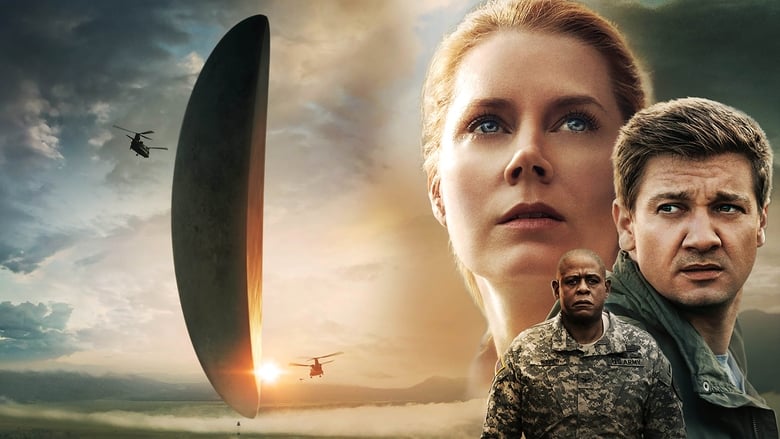
4. Twelve Monkeys (1995)
Terry Gilliam's 'Twelve Monkeys' is a visually arresting and intellectually stimulating sci-fi thriller that delves into themes of memory, madness, and the fragility of time. Bruce Willis delivers a compelling performance as James Cole, a convict sent back in time to prevent a devastating plague from wiping out humanity. The film's non-linear narrative and surreal imagery create a sense of unease and disorientation, perfectly capturing the protagonist's fractured mental state. Prepare to be captivated by Gilliam's unique visual style and the film's thought-provoking exploration of determinism versus free will.
Did you know? The film is loosely based on Chris Marker's 1962 short film 'La Jetée,' which tells a similar story using only still images. Gilliam expanded upon Marker's concept, creating a more elaborate and visually dynamic narrative while retaining the original's themes of memory and time travel. It's a testament to the enduring power of 'La Jetée' that it continues to inspire filmmakers decades later.
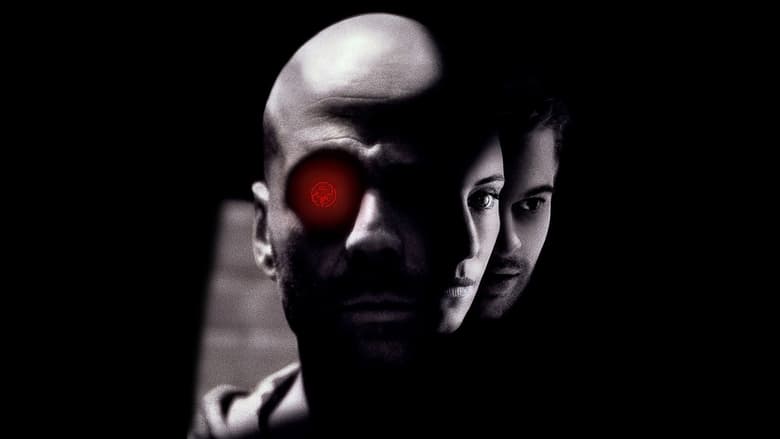
3. Interstellar (2014)
Christopher Nolan's 'Interstellar' isn't just a movie; it's an odyssey. Set against the backdrop of a dying Earth, a team of astronauts, led by Matthew McConaughey's Cooper, embarks on a desperate mission through a wormhole near Saturn to find a new home for humanity. The film masterfully combines breathtaking visuals, groundbreaking science, and profound emotional depth, creating an unforgettable cinematic experience. 'Interstellar' dares to ask big questions about our place in the universe and the lengths we'll go to ensure our survival.
An interesting detail: Nolan worked closely with theoretical physicist Kip Thorne to ensure the film's portrayal of wormholes and black holes was as scientifically accurate as possible. This collaboration resulted in groundbreaking visual effects that not only looked stunning but also contributed to our understanding of these complex phenomena. The black hole Gargantua, in particular, is a testament to the power of science and cinema working together.

2. Predestination (2014)
Prepare to have your perception of time and causality thoroughly twisted by 'Predestination,' a mind-bending sci-fi thriller that explores the paradoxes of time travel and identity. Ethan Hawke stars as a temporal agent tasked with preventing a devastating bombing, leading him on a complex journey that blurs the lines between cause and effect. The film's intricate plot and philosophical undertones make it a captivating watch that will leave you pondering its mysteries long after the credits roll.
Fun fact: 'Predestination' is based on Robert A. Heinlein's short story 'All You Zombies,' a work celebrated for its complex exploration of identity and time travel. The filmmakers masterfully adapted the story, creating a visually stunning and intellectually stimulating film that stays true to the source material's core themes while adding its own unique cinematic flair. It's a perfect example of how science fiction can be used to explore profound questions about what makes us human.

1. Everything Everywhere All at Once (2022)
Buckle up for a mind-bending journey with 'Everything Everywhere All at Once,' a film that redefines the concept of predetermined fate through its dazzling exploration of the multiverse. Michelle Yeoh delivers a powerhouse performance as Evelyn Wang, a laundromat owner thrust into an epic battle to save reality itself. The film's ingenious blend of martial arts, comedy, and heartfelt family drama creates a cinematic experience that is both wildly entertaining and deeply moving.
Did you know? The directors, known as Daniels, initially conceived the project with Jackie Chan in mind for the lead role, but later reimagined it with a female protagonist, leading to Yeoh's casting. This shift significantly altered the film's themes, allowing for a more nuanced exploration of family, identity, and the immigrant experience. The movie is not just a visual spectacle; it’s a deeply human story about choices, regrets, and the power of love to transcend even the most chaotic of universes.
